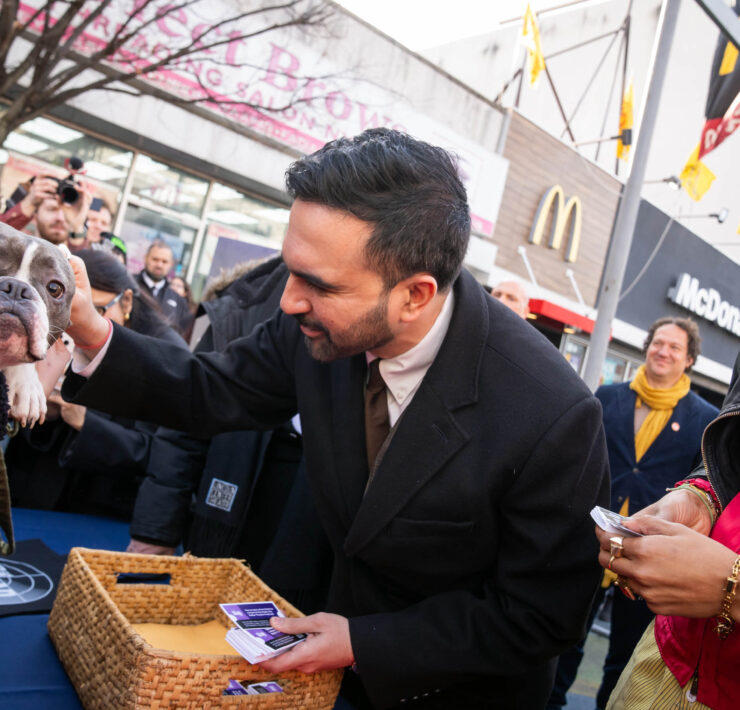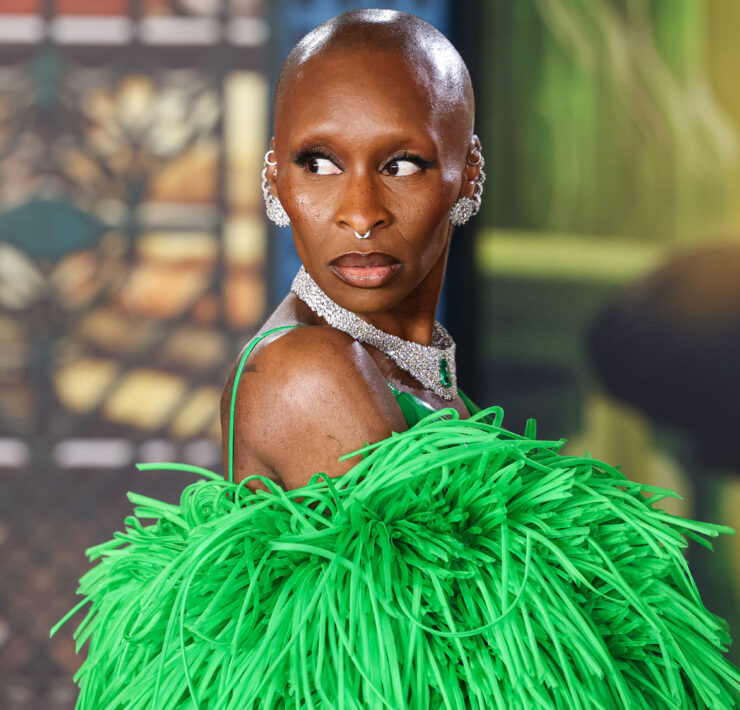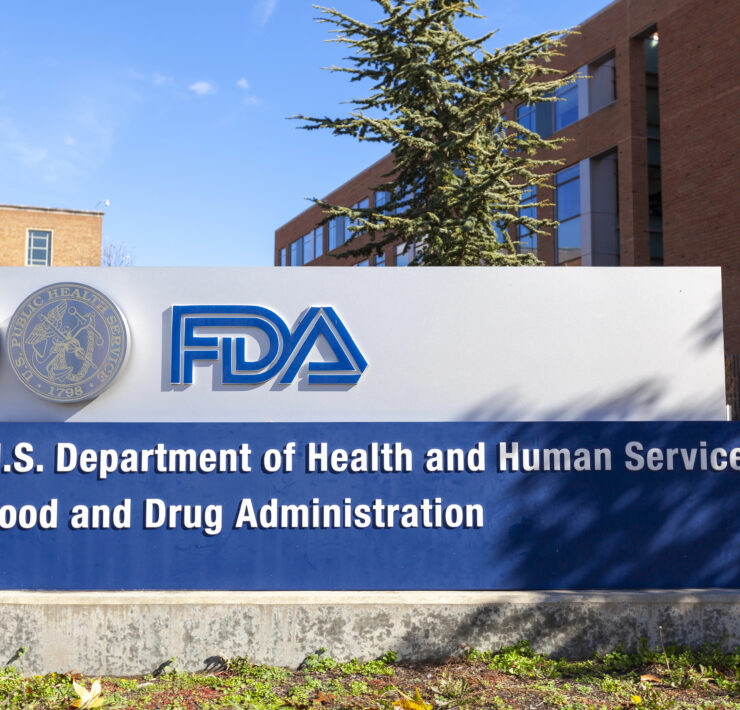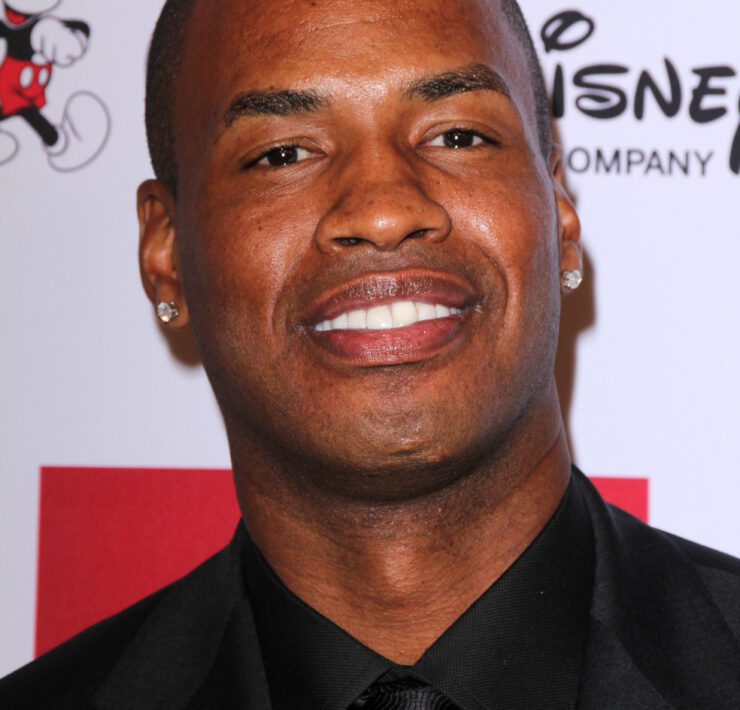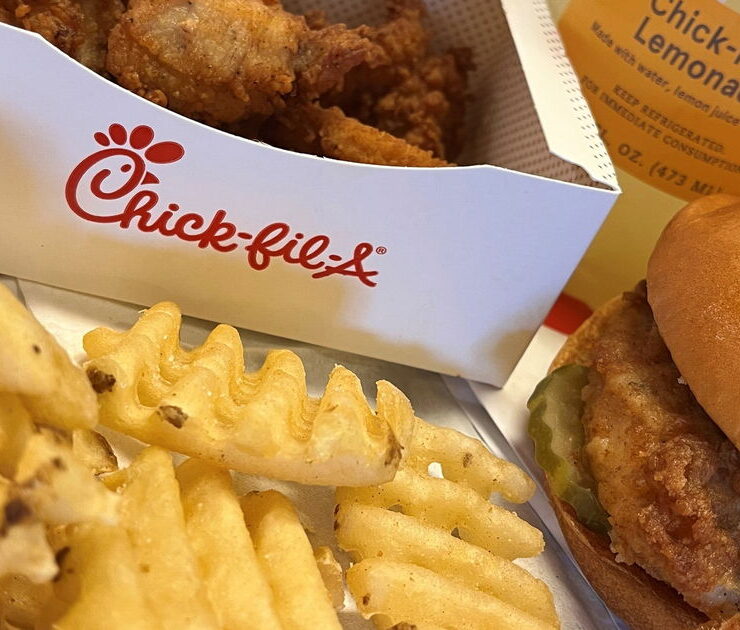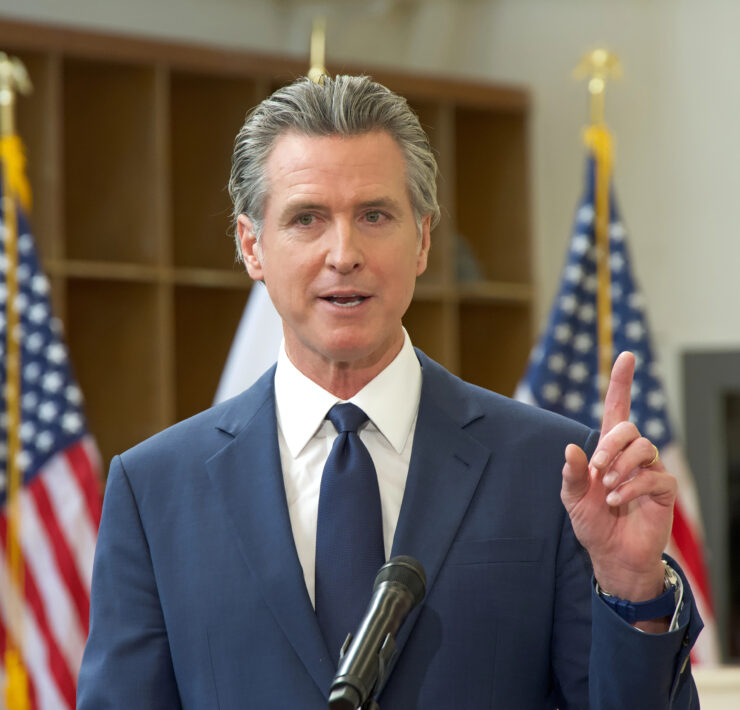What COVID Taught Us About Large Events and Accessibility

Ray has with OUT FRONT Magazine since February of 2020.…
Last summer marked the 50th anniversary of Pride, and many outdoor festivals and events were either canceled or held virtually in response to COVID-19. This summer, we can expect much of the same, with smaller gatherings and concerts becoming increasingly safer as more Americans are vaccinated.
Denver has elected hold Pride as a virtual event again in 2021, and many community members from around the world have expressed how this change has increased accessibility for these events. In the past, Pride parades are often crowded, hard to get to, and colorfully chaotic. While these attributes have become synonymous with Pride events, they’ve also limited access to would-be attendees who don’t do well in crowds, cannot easily access these spaces due to disabilities or chronic illness, or are neurodivergent.
Historically, Pride events have been inaccessible to the disabled community, from failing to employ sign-language interpreters and hosting events in spaces that aren’t wheelchair-accessible to not having a fragrance-free policy. Pride parades have also not been super welcoming to BIPOC due to heavy police presence. Sober people may also feel unwelcome, as many Pride events have become heavily entwined with alcohol and substance use.
People from within the community have since written extensively on the ways in which Pride event organizers can begin making changes to increase accessibility and inclusion for future events.
“Events need to be accessible, which means hosting ones that aren’t strictly just parades, creating a disability seating section, hiring interpreters, setting aside dedicated sensory-friendly and low-noise spaces, having a strict fragrance- and smoking-free policy, and offering a service-animal relief area,” writes Alaina Leary for Bitch Media.
She continues, “Every virtual event should have at least one point person handling accessibility who can answer questions about access needs, provide detailed accessibility information for guests, and make it possible for them to request specific accommodations.”
By streaming Pride events online, many cities saw a large increase of attendance. Attendees were able to take part in Pride from the comfort of their own homes, where they would not have to worry about things like wheelchair access, excessive loud noise, dietary restrictions, etc. Furthermore, it is now possible for people to attend an array of events from all over the world.
Currently, 71 jurisdictions or countries criminalize same-gender relationships. LGBTQ populations who reside in these countries have never been able to take part in Pride until last year. Holding Pride events virtually has opened up celebrations to some of the most vulnerable members of the community, those who risk death or jail time by living authentically.
The very purpose of Pride is to celebrate the LGBTQ community as a whole, and it’s time that Pride events start to reflect the inclusivity and sensitivity to marginalized groups’ needs that this community is known for.
What's Your Reaction?
Ray has with OUT FRONT Magazine since February of 2020. He has written over 300 articles as OFM's Breaking News Reporter, and also serves as our Associate Editor. He is a recent graduate from MSU Denver and identifies as a trans man.



